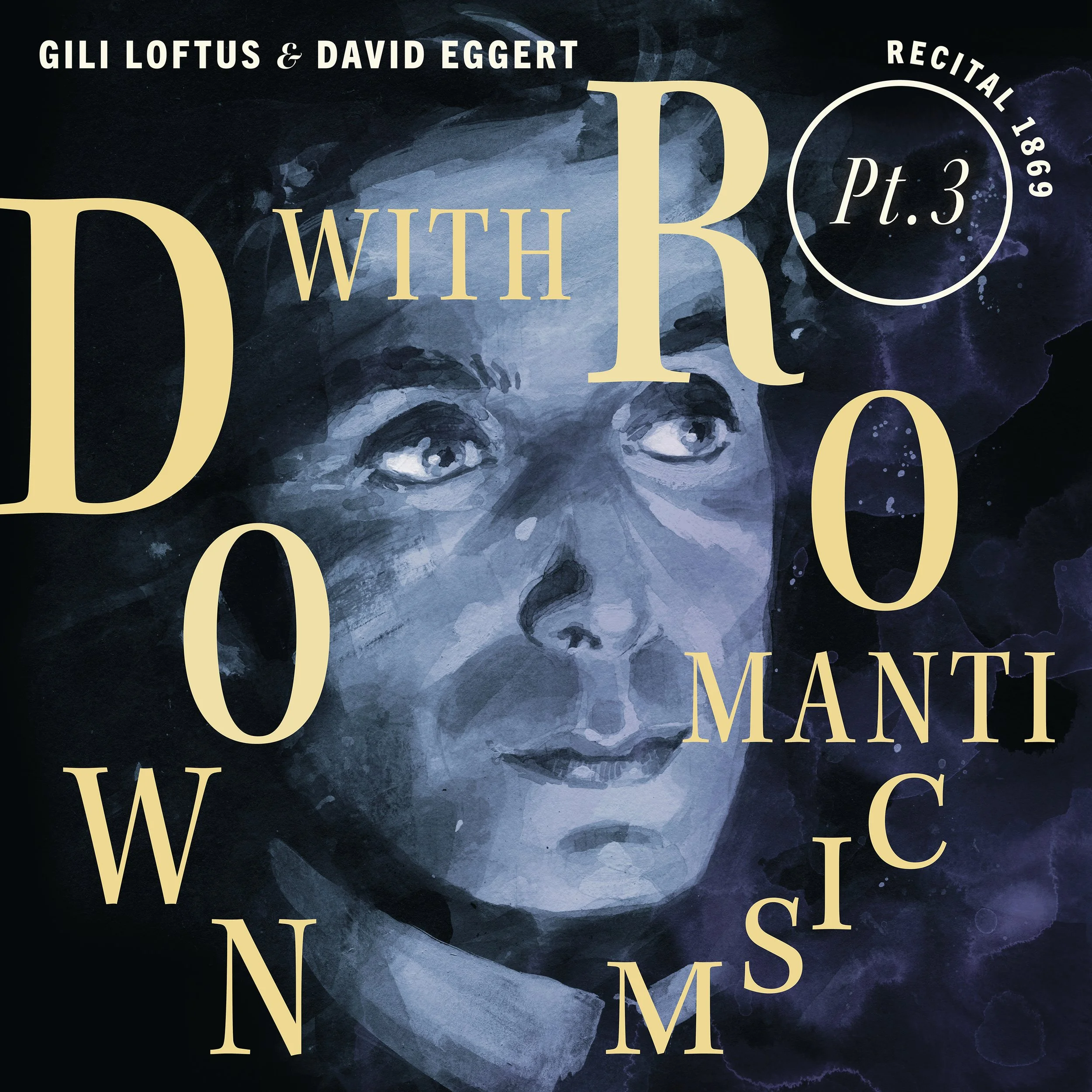In his biography of Ludwig van Beethoven, Anton Schindler (1795-1864) describes Clara Schumann as a “star in the constellation of virtuosi” as well as her overwhelming embrace as “a model of Beethoven performance” by contemporary German music critics. Schindler’s remarks do not end there, and as he continues, it is made abundantly clear to the reader that Schindler’s opinions diverge significantly from those of the unnamed ‘German critics’. Schindler proceeds to challenge Schumann and goes as far as to accuse her of “artistic violations'' in regards to the interpretation of Beethoven’s works.
By the mid 19th century, the cultural capital bestowed upon Beethoven’s musical works was agreed upon with unanimity throughout European musical culture. Clara Schumann and Alfredo Piatti, arguably two of the most important European musicians active in the generation following Beethoven, had considerable influence in shaping and promoting an ideology of interpretation tied to this body of work, and played a major role in creating the standards and expectations associated with the public performance of these works. Indeed, the Beethoven cello and piano sonatas formed a core part of Piatti and Schumann’s concert repertoire.
This is the era that saw the final steps in the formation of a musical canon, with the works of Beethoven standing firmly at the forefront. At the same time, this was also an era in which improvisatory practices and spontaneous creativity in one’s musicianship were still prized and to a certain degree, even expected.
"How did our historical counterparts negotiate these two spheres of musicianship – cultivating a legacy of reverence on the one hand, and allowing for elasticity and individualistic expression on the other? What equilibrium did Schumann so upset (according to Schindler at least) with her “artistic violations”? In the third and final part of Down with Romanticism: Recital 1869, we tackle the great master head on and offer our answer to the question: how to perform Beethoven in the age of the romantics?"
released November 17, 2023
Recorded at Teldex Studio Berlin, September 18–21, 2021
Produced, recorded, edited, mixed and mastered by Johann Günther
Piano technician: Paul McNulty
Cello by Wencelaus Staudinger 1758 Würzburg generously on loan from Johannes Caspar Walter - Piano by Paul McNulty after Johann Baptiste Streicher Op. 6747
Artwork by Dan Abbott and Daniel Schnatterer
We acknowledge the support of the Canada Council for the Arts as well as the support of our generous Indiegogo supporters.

